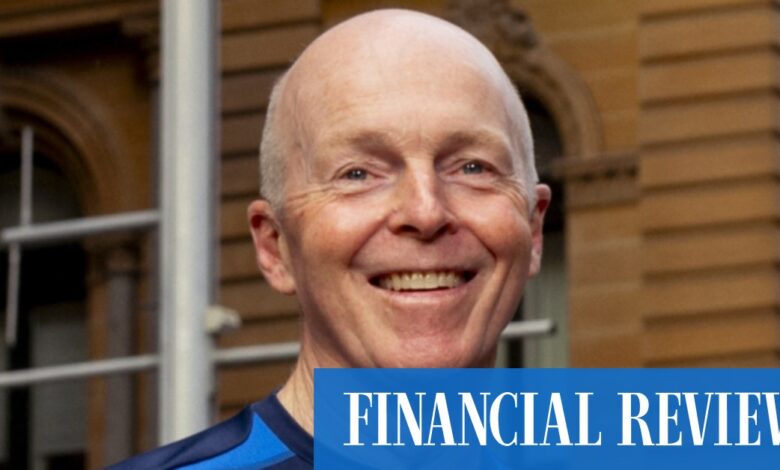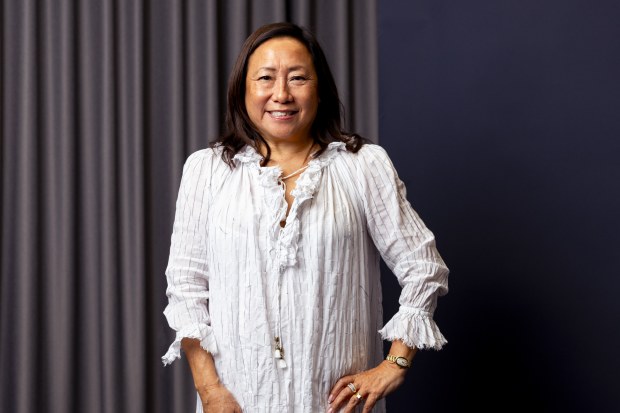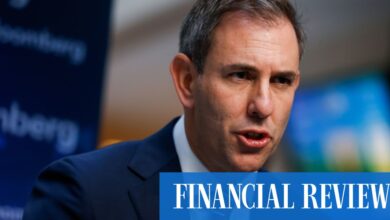Super funds nominating directors to boards ‘unwise’

Warwick Negus, chairman of property group Dexus and the Bank of Queensland, said super funds had “every right” to nominate directors to a board if they believed the company was not addressing their concerns.

Katrina Rathie said protocols and legal guard rails would need to be put in place before a super fund could nominate a director to a board. Dominic Lorrimer
But, Mr Negus said, “that director will need to understand that it is not possible to represent a single issue at the board table and one director does not necessarily guarantee the outcome that the super fund wants”.
Graham Bradley, chairman of NSW Infrastructure and Shine Justice, argued it was “unwise” for super funds to directly nominate directors to company boards.
“This may make them insiders and compromise their flexibility to manage their investments in the best interest of fund members,” Mr Bradley said.
“With nominee directors, the risk is that super funds will be inhibited to trade their shares when it makes sense to do so, or to vote against unanimous board decisions supported by their nominees.”
Other directors expressed concerns about the potential for insider trading, as well as conflicts of interest because nominee directors would have access to confidential information about the company.
“Governance protocols and legal guard rails would need to be put in place to safeguard against insider trading, sharing of non-public information, confidentiality and ensuring that any nominee would act in the best interests of all shareholders, and not just the nominating super fund,” said Katrina Rathie, chairman of baby formula manufacturer Bubs and a director of broadcaster SBS.
Confidential information
Mr Negus added: “A nominated director would be put in a situation of having confidential information that cannot be shared with the super fund. So there are many issues to consider.”
Wilson Asset Management founder and chairman Geoff Wilson questioned whether directors put forward by a super fund would “add value” and warned that nominee directors would need to act in the interest of all shareholders.
“Directors must always act in the best interest of shareholders and not self-interest,” he said.
On the economic front, Mr Bradley said Australia’s biggest risk was a prolonged slowdown in the Chinese growth rate, but he noted that so far the world’s second-largest economy had “managed deftly through its periodic economic crises”.
Ms Rathie said the “persistent low growth” of the Australian economy could be the country’s biggest problem.
“I think we will see more businesses fail as higher costs start to outstrip revenue growth. The right to disconnect, talk of a four-day week and the entrenched working-from-home trend in Australia has caused the re-emergence of an island economy mentality,” she said, adding that more competition was needed in sectors with few players, such as retail and banking.





